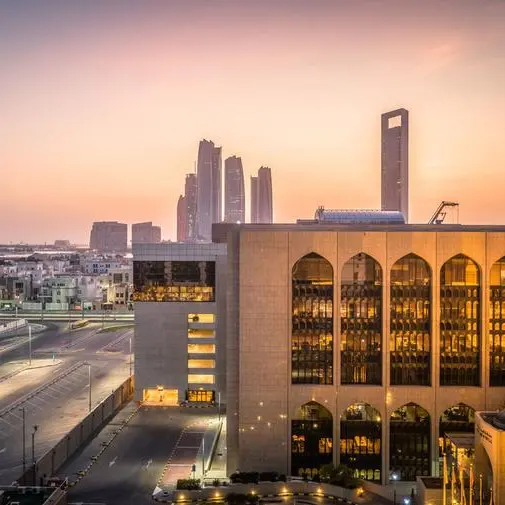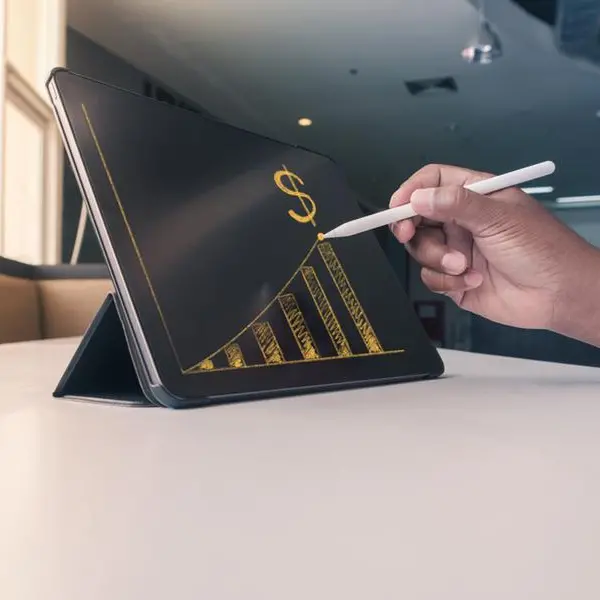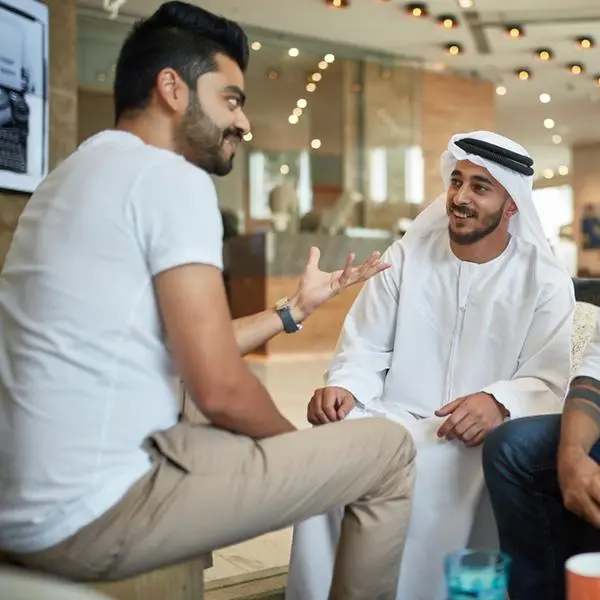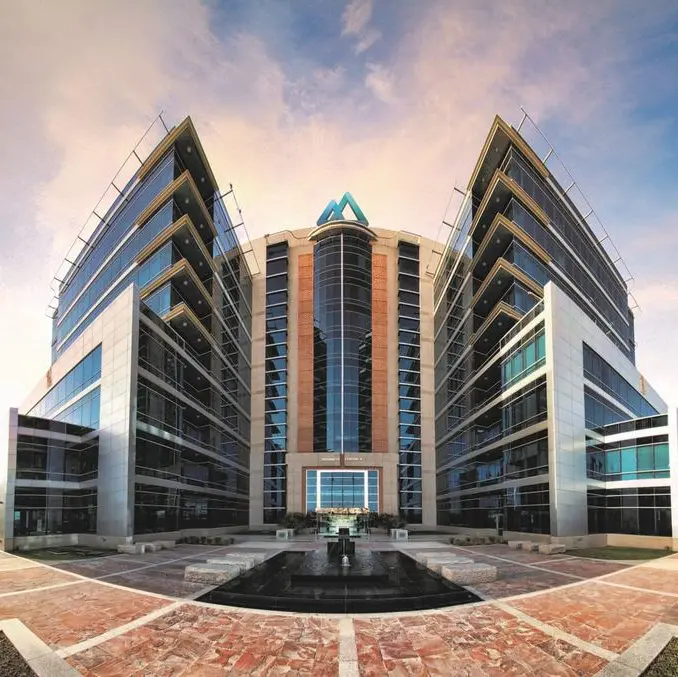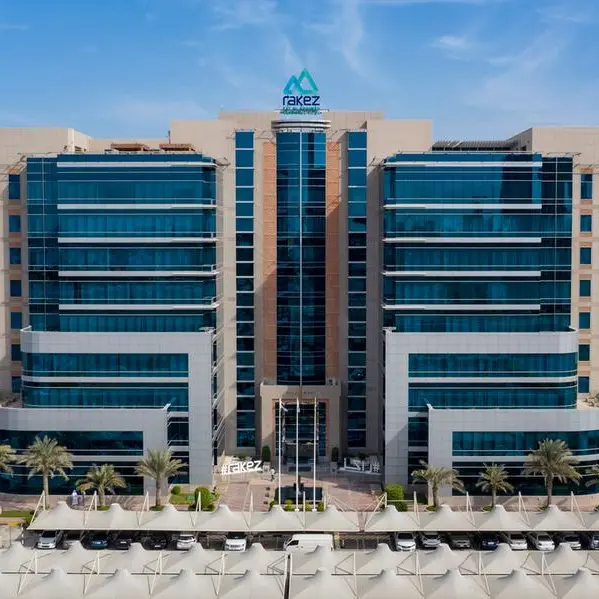PHOTO
The OPEC Fund for International Development (OPEC Fund) has allocated $100 million support for transportation and small and medium-sized enterprises (SMEs). The funding is expected to benefit public and private sector projects promoting sustainable development globally.
The OPEC Fund provides financing from member countries to non-member countries exclusively.
It has committed more than $22 billion so far to development projects in more than 125 countries with an estimated total project cost of $187 billion. The OPEC Fund is rated AA+/Outlook Stable by Fitch and AA/Positive Outlook by S&P in 2021.
The various projects and the countries receiving the benefits of the OPEC Fund are:
Malawi: A $20 million loan for the SADC Sub Regional Transport and Trade Facilitation Project will support the rehabilitation of 101 kilometers of roadway and 50 kilometers of feeder roads in the central region of the country. Additionally, 16,000 trees will be planted, several schools will be renovated.
The project’s overall objective is to enhance competitiveness and socio-economic integration between Malawi and neighbouring Mozambique.
Uganda: A $30 million loan will finance the upgrade from gravel to a paved surface for a section of approximately 70 kilometers in the country’s central eastern region.
The improvement of the national road network will facilitate better access to markets for farmers and traders and boost access to social services in the region. The project will directly benefit more than half a million people.
Cambodia: Micro, small, and medium-sized enterprises (MSMEs), including those that are women-owned and rurally located, stand to profit from a $20 million loan to the financial sector for on-lending.
Improving access to financing is especially important for MSME’s in the recovery period after the COVID-19 pandemic as these businesses are responsible for a significant portion of Cambodia’s GDP.
Uzbekistan: A $30 million loan to the country’s financial sector will support local small businesses through on-lending.
(Writing by Seban Scaria; editing by Daniel Luiz)

